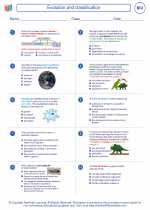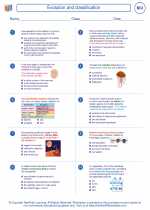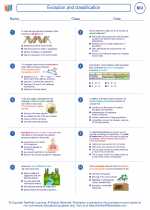Calcium
Calcium is an essential mineral that is important for various functions in the human body. It is the most abundant mineral in the body and is crucial for maintaining strong bones and teeth, as well as for muscle function, nerve signaling, and hormone secretion.
Functions of Calcium in the Body
- Bone and Teeth Health: About 99% of the body's calcium is stored in the bones and teeth, where it provides structural support and strength.
- Muscle Contraction: Calcium plays a key role in muscle contraction, including the beating of the heart.
- Nerve Function: It is involved in nerve signaling and transmission of nerve impulses.
- Blood Clotting: Calcium is necessary for the formation of blood clots, which is important for wound healing.
- Enzyme Function: It is required for the activation of several enzymes in the body.
- Hormone Secretion: Calcium is involved in the release of hormones and other chemicals in the body.
Sources of Calcium
Calcium is found in a variety of foods, including:
- Dairy products such as milk, cheese, and yogurt
- Dark green leafy vegetables like kale and broccoli
- Fortified foods such as cereals and plant-based milk alternatives
- Some types of fish, such as sardines and salmon, which are eaten with the bones
- Nuts and seeds, including almonds and sesame seeds
Calcium Deficiency and Excess
A deficiency in calcium can lead to weakened bones, tooth decay, muscle cramps, and a higher risk of fractures. On the other hand, excessive calcium intake can lead to hypercalcemia, which can cause symptoms such as kidney stones, constipation, and impaired absorption of other minerals like iron and zinc.
Study Guide
To understand the topic of calcium thoroughly, consider the following study guide:
- Learn about the role of calcium in bone health and the mechanisms involved in bone formation and maintenance.
- Understand the importance of calcium in muscle contraction and nerve signaling, and how it affects other physiological processes.
- Study the sources of dietary calcium and the factors that can affect its absorption in the body.
- Explore the consequences of both calcium deficiency and excess, and how these conditions can be managed or prevented.
- Consider the role of calcium in specific populations, such as pregnant women, growing children, and older adults, and how their needs for calcium may differ.
Understanding the role of calcium in the body and its implications for overall health is crucial for anyone interested in biology and human physiology.
[Calcium] Related Worksheets and Study Guides:
.◂Biology Worksheets and Study Guides High School. Evolution and classification

 Worksheet/Answer key
Worksheet/Answer key
 Worksheet/Answer key
Worksheet/Answer key
